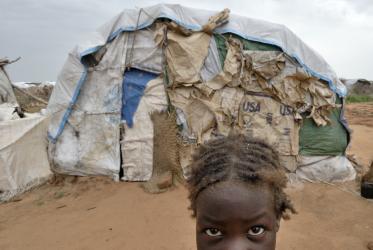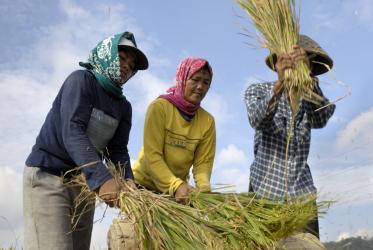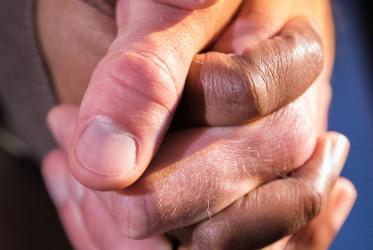Displaying 1 - 20 of 32
Churches respond to Malawi cyclone disaster
29 March 2023
African church leaders train in leadership, diakonia and development
12 November 2021
Churches offer some relief in Kenya’s drought disaster
16 September 2021
Taxation and reparations – tools for promoting equity, climate justice and an economy of life
11 July 2019
Church Center for the United Nations, New York
5th Annual Symposium on the Role of Religion and Faith Based Organizations in International Affairs
29 January 2019
Conference Room 2, United Nations secretariat, New York

















